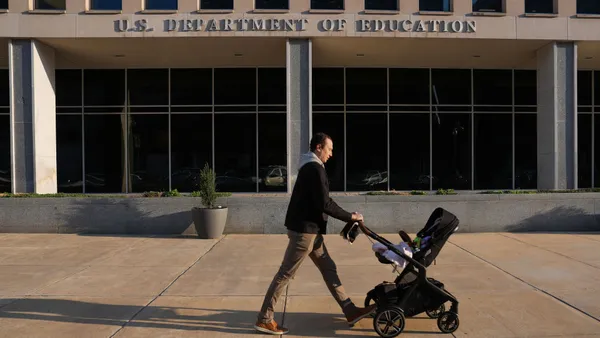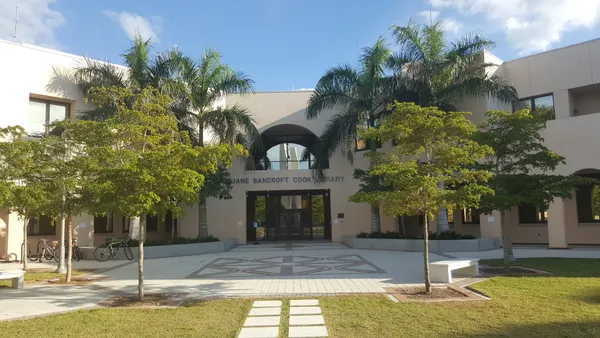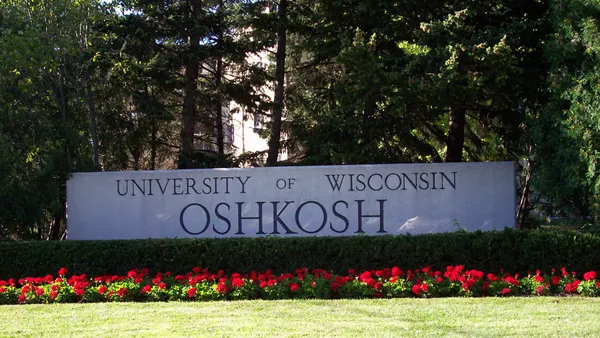Dive Brief:
- Pennsylvania colleges would be “equal partners” under Gov. Josh Shapiro’s plan to bring together the state’s university system and its community colleges, the governor’s office said in a recent report.
- Last month, the governor announced his proposal to combine the 10 institutions within the Pennsylvania State System of Higher Education and the state’s 15 community colleges under a new governance structure. This week, his office offered new details in an 11-page blueprint describing the merger and his other higher education goals.
- The plan specifies that the community colleges would not be absorbed into PASSHE. “Rather, the intent is to create an entirely new public postsecondary system with a new governance structure,” the report said.
Dive Insight:
As part of his 2024-25 budget proposal, Shapiro is seeking $975 million for PASSHE universities and the state’s community colleges — a 15% increase from last year — to consolidate those institutions under one system. Pennsylvania, unlike many states, doesn't have a statewide board governing its higher education institutions.
But the Democrat governor’s plan initially came with few details, to the frustration of some lawmakers. During budget hearings last week, state lawmakers grilled PASSHE Chancellor Daniel Greenstein for specifics about the merger, which he was largely unable to provide, according to the Pittsburgh Post-Gazette.
At least one thing is certain — Pennsylvania lawmakers will need to pass legislation establishing the new higher ed system and its powers and responsibilities. This could prove difficult if the plan sparks partisan conflict, as different parties control the state's House and Senate.
Greenstein has supported the merger proposal as a means of giving students more pathways to a degree or credential.
Now, the governor's office has begun offering clues as to how the proposed system would operate.
"All existing colleges and universities will exist as equals in the new system," said the report from the governor's office. "The goal is to coordinate, strengthen, and expand access — not shrink or consolidate.”
Shapiro said he wants to keep an element of local governance and does not plan to do away with community college's governing boards, according to the report.
“The governance structure must create a balance between system-level and local authority and responsibilities,” the report stated.
But officials haven’t determined how that local governance would function.
The governor's office is seeking input from legislators, local oversight authorities and the presidents of all 25 potentially affected colleges, it said. It will continue to build on its released blueprint.
Officials also expect a second, more detail-oriented round of feedback from stakeholders, but the governor's report did not provide a time frame for each phase.
Shapiro's administration is also reaching out to union leaders. Existing union contracts at the state's public colleges will be honored under the new system, according to this week's report.
PASSHE is still reviewing the latest details of the governor's proposal, a system spokesperson said Wednesday.
"We are encouraged the Administration recognizes the opportunity to build upon the strengths of PASSHE universities and the community colleges," he said. "We look forward to working with the governor, legislature and stakeholders as many complex details are considered."
The governor's budget proposal also seeks increased funding for Pennsylvania's state-related universities — Pennsylvania State, Temple and Lincoln, as well as the University of Pittsburgh.
These institutions, which receive some public money but largely operate independently, are not included in Shapiro's merger plan. But he’s seeking to increase their state support by 5%.
Shapiro has also pitched funding Pennsylvania’s publicly supported colleges through a performance-based model, a potential change that Penn State’s leadership has supported.














